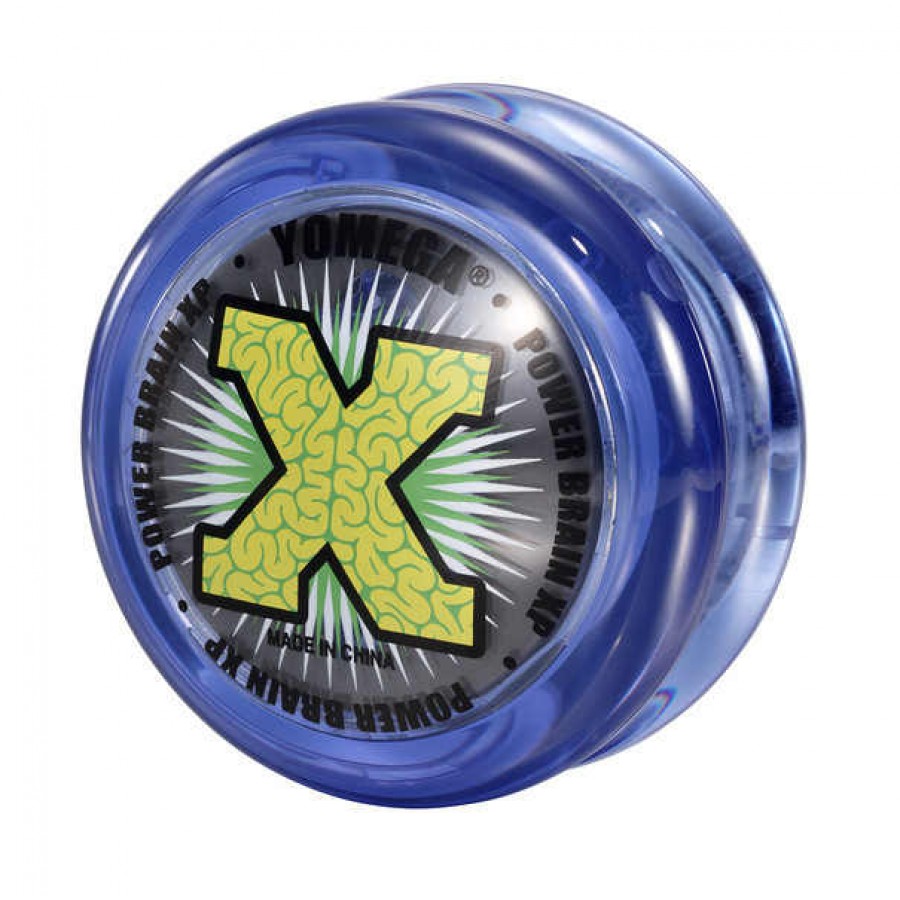

What makes the Zoom award unique is that it wasn't just about convincing employees to stay, but to reward them for keeping the world connected at the start of the pandemic. (He lasted 4 and a half years before leaving in January 2021.) When Facebook executive Chris Cox rejoined as its chief product officer, the company awarded him an extra $4 million on top of his $69 million signing bonus to stick around for a year. For example, when Walmart bought Jet.com, Marc Lore reportedly received RSUs worth more than $250 million, but the five-year vesting schedule was backloaded so that it only vested 10% in the first year compared to 30% in five.

Retention bonuses aren't uncommon in the tech industry, but they're typically targeted at specific executives or toward employees after an acquisition so they stick around at the new company.

It's a unique form of "golden handcuffs" to incentivize that workforce to stick around, while also being a tremendous reward for those who did. employees at Zoom who had stuck around for a year received the first tranche of 225 shares from the award, valued on June 8 at around $76,000 - more than the entire award's initial target value. As part of the Zoom bonus terms, the stock vests over two years in two chunks, so employees had to have stayed through this past June to get the first half of the 450 shares, and will need to remain with Zoom until Jfor the second half. Unlike options, which give employees a right to buy stock for a lower stock price, RSUs convert to shares whenever certain conditions are met. In the U.S., Zoom gave out 450 RSUs, or restricted stock units, to employees. And with the ballooning stock price, the retention award bonus has swelled too. Its stock price reached a peak of around $568 in October 2020 before settling around $380 for the last few weeks. But Zoom's stock has been on a tear as the videoconferencing company saw tremendous growth in 2020 and became a household name during the pandemic.


 0 kommentar(er)
0 kommentar(er)
